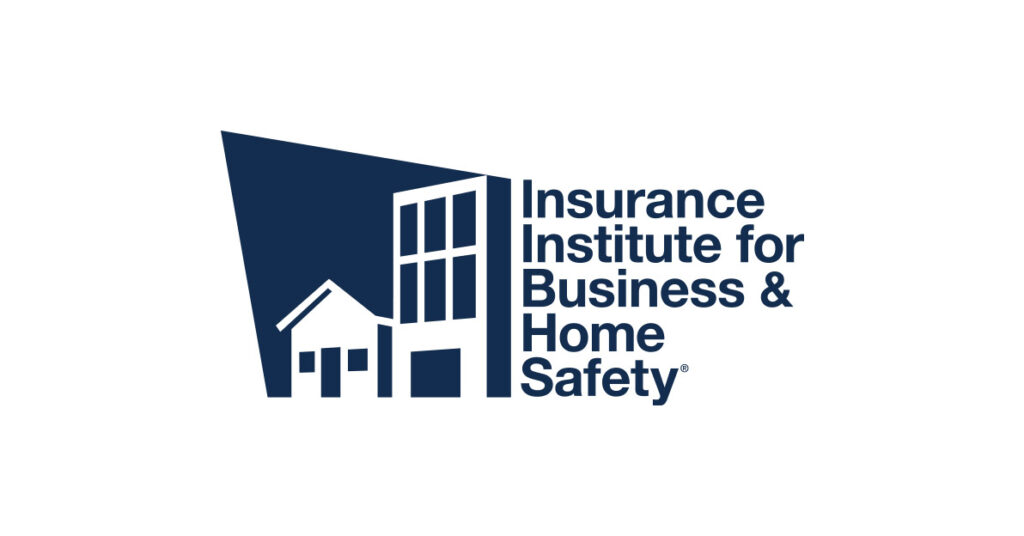IBHS’s Hurricane Ready guides offer science-based hurricane preparedness projects, large and small, to make homes and businesses more resilient


Richburg, S.C. (April 25, 2023) – With the traditional start of hurricane season just weeks away, the Insurance Institute for Business & Home Safety (IBHS) has released its 2023 Hurricane Ready guides featuring science-based preparedness tips to help home and business owners strengthen their properties ahead of potentially damaging storms.
As Hurricane Ian demonstrated in 2022, it only takes one storm to wreak havoc on millions of lives. According to the National Oceanic and Atmospheric Administration (NOAA), the extreme winds and torrential rainfall of Ian caused $112.9 billion in damage after it made landfall in western Florida. IBHS research shows resilient construction practices can reduce costly storm damage, breaking the cycle of loss and better preparing homes and businesses for generations to come. The nonprofit’s work has also identified smaller actions home and business owners can take to strengthen their properties.
“Last year’s hurricane season started slow but ended with a powerful punch,” said Dr. Ian Giammanco, lead research meteorologist at IBHS. “While Hurricane Ian caused extreme damage because of storm surge, it clearly demonstrated the effectiveness of modern building codes, uniform implementation and consistent enforcement in preventing wind damage. Properties built after 2002, when the Florida Building Code was first adopted based on lessons learned from Hurricane Andrew, saw substantially less devastation from high winds. Amid the overall destruction, this was a positive result.”
To better prepare existing homes, Hurricane Ready translates findings from decades of IBHS field and lab research into actions large and small to be tackled ahead of the season, as well as last-minute actions to take when a storm nears. To ensure projects can be completed by June 1, the traditional start of hurricane season, IBHS encourages home and business owners to begin now.
First Line of Defense: The Roof
The roof is the first line of defense against severe weather, so an inspection should be prioritized ahead of hurricane season to ensure time for any necessary repairs. Missing shingles should be replaced and loose shingles secured. If it is time for roof replacement due to age or existing damage, re-roof to the FORTIFIED standard. Based on decades of the nonprofit’s research, FORTIFIED is a voluntary above-code construction and re-roofing method to strengthen against severe weather. Lab studies and real-world events show FORTIFIED prevents damage from high winds up to 130 mph.
Wind-Rated Garage Doors
As the largest opening in most buildings, garage doors are vulnerable during high wind events like hurricanes. If the garage door fails, it often leads to significant damage to the entire structure. High winds can blow a garage door inward, allowing pressure to build inside the garage and push up on the roof and against surrounding walls—often resulting in a cascade of structural damage to the entire building. Property owners should install wind-resistant garage doors approved for use in their area and for added resistance, look for doors with a rating of 130 mph or higher. If a garage door is not labeled as wind resistant, it should be replaced or at least reinforced to provide needed protection.
Cost-Effective Repairs
As budget remains top of mind for many Americans, there are several low-cost upgrades, home repairs and last-minute prep actions that are both affordable and effective in preventing storm damage. These include sealing gaps and cracks, securing soffits and trimming trees. Additionally, proper maintenance is critical to avoid the failure of a generator when it’s needed most. Set a maintenance plan for changing the oil and replacing spark plugs and the air filter.
Know Your Codes
Modern and enforced building codes are critical to reducing the damage and destruction caused by hurricanes each year. IBHS’s Rating the States examines building codes in the 18 Gulf Coast and Atlantic states along the hurricane coast and ranks them based on adoption, enforcement and contractor licensing. Property owners can find out what building code is adopted in their local area at inspecttoprotect.org.
“Property owners whose states come up short on statewide building codes can still take action,” Giammanco added. “Strengthening your home or business can be achieved through DIY projects or with the assistance of a professional. The most important action is to take the first step.”
Visit www.disastersafety.org for the full Hurricane Ready guides and downloadable checklists to schedule and track progress.
Recent Posts
NOAA Weather
Tampa, FL
Last Updated on Jun 5 2024, 6:53 am EDT
Weather by NOAA
Current Conditions: Fair
Temp: 77°F
Wind: SE at 5mph
Humidity: 88%
Dewpoint: 73.0°F
 National Hurricane Center
National Hurricane Center
- The Atlantic hurricane season runs from June 1st through November 30th. April 19, 2025The Atlantic hurricane season runs from June 1st through November 30th.